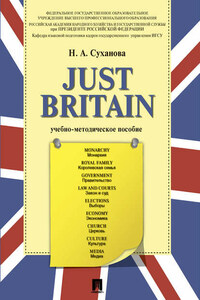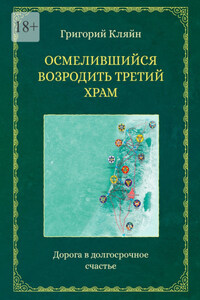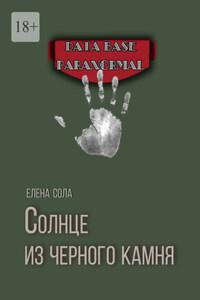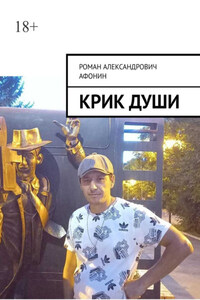Just Britain. Учебно-методическое пособие
Автор книги - Надежда Суханова. Произведение относится к жанру современная проза. Оно опубликовано в 2015 году. Международный стандартный книжный номер: 9785392175581.
Учебно-методическое пособие Just Britain предназначено для бакалавров факультета «Зарубежное регионоведение» и может быть рекомендовано для изучающих английский язык как первый, так и второй иностранный для углубления фоновых знаний в области страноведения. Вниманию обучающихся представлены тексты, подобранные из оригинальных источников – средств массовой информации и из международных справочных материалов. Цель пособия: ознакомить учащихся с политическим устройством Великобритании, ее экономикой, судебной системой, средствами массовой информации, рассказать о проблемах защиты окружающей среды и культуры. Тексты снабжены заданиями, предусматривающими дальнейшее самостоятельное изучение проблемы бакалаврами и их живое участие в дискуссиях.




